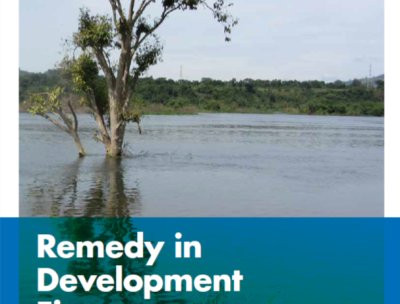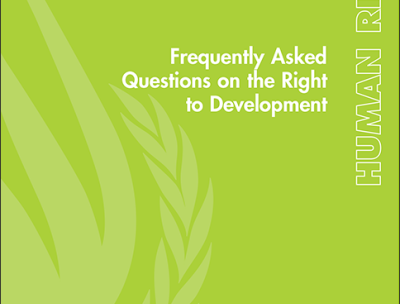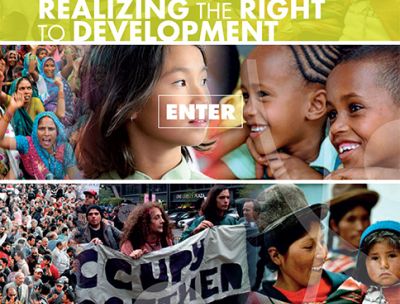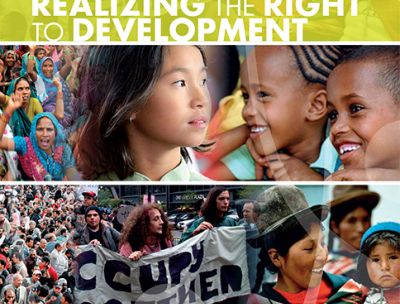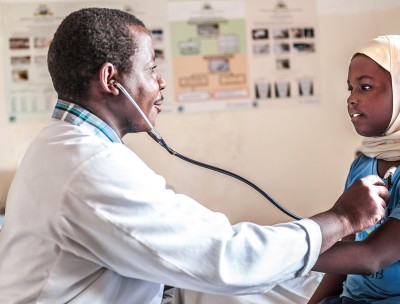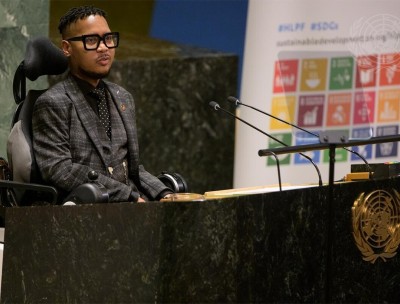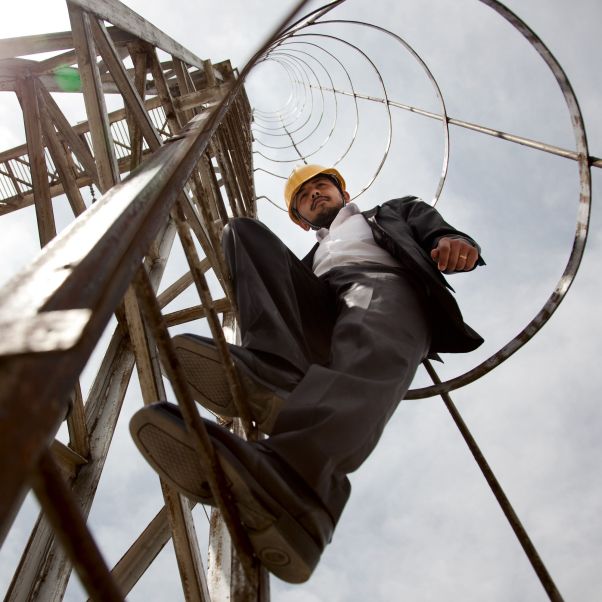
About
Over thirty years ago, the Declaration on the Right to Development broke new ground in the constant struggle for greater human dignity, freedom, equality and justice. It called for every member of society to be empowered to participate fully and freely in vital decisions. It demanded equal opportunities, and the equitable distribution of economic resources - including for people who are traditionally disempowered and excluded from development.
The pursuit of economic growth is not an end in itself. The wellbeing of a society depends on the basis of its citizens’ active, free and meaningful participation in development, and in the fair distribution of its benefits. In this way, economic activity generates greater social justice, not instability and exclusion. It reduces the inequalities which threaten fundamental human rights, in particular the rights of those who are marginalized and poor.
Our work
UN Human Rights has played a key role throughout the emergence and development of the right to development through supporting political dialogue, task forces, working groups and expert mechanisms, research and analysis, civil society engagement, partnership as well as practical applications. We actively promote the understanding and use of the right to development across the UN system.
We advocate and nurture the right to development through research, good practices, expert meetings, and production of public information materials that empower all stakeholders, including civil society actors to mobilize around the right to development. We also develop thematic expertise and provide technical advice through support for the Human Rights Council’s Expert Mechanism on the Right to Development, and support monitoring and analysis of the right to development through our work with Special Procedures and treaty bodies.
Current focus
Who else
Special Rapporteur on the right to development
The Special Rapporteur is an independent expert, appointed by the Human Rights Council, who contributes practical guidance for the effective realization of the right to development at local, national, regional and international levels. The expert also participates in integrating human rights in development work and representing the right to development in the 2030 sustainable development agenda.
Independent Expert on human rights and international solidarity
The mandate of the Independent Expert was created in 2005 by the predecessor of the Human Rights Council, the Commission on Human Rights. The Independent Expert aims to create an enabling environment for removing the causes of inequities between and within States, engendering trust and mutual respect to foster peace and security, development and human rights, and promoting a social and international order in which all human rights and fundamental freedoms can be fully realized.
Independent Expert on international order
The Independent Expert on the promotion of a democratic and equitable international order was established by the Human Rights Council in 2011 through resolution 18/6. The resolution affirmed that a democratic and equitable international order fosters the full realization of all human rights for all, and that everyone is entitled to it.
Intergovernmental Open-ended Working Group on the Right to Development
Established in 1998 by the Commission on Human Rights, this working group monitors and reviews progress on the right to development, advises OHCHR with regard to the implementation of this right, and suggests possible programmes of technical assistance.
Expert Mechanism on the Right to Development (EMRTD)
Created in 2019 by the Human Rights Council, the Expert Mechanism is a group of five independent experts on the right to development. Together these experts provide the Human Rights Council with thematic expertise on the right to development in searching for, identifying and sharing best practices with Member States and promoting the implementation of the right to development worldwide.
